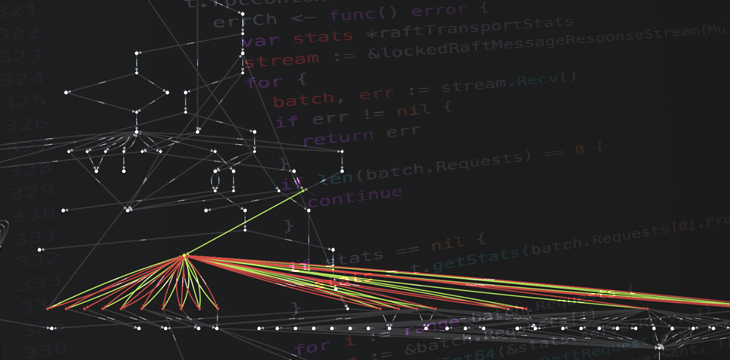
|
Getting your Trinity Audio player ready... |
Popular crypto developer “Unwriter” has introduced via a Medium post a new and exclusive BitDB node that runs on Bitcoin SV (BSV). Genesis, as the node is called, is an extension to existing BitDB nodes, which include both bitgraph.network and bitdb.network, and works exactly the same as the others, but with one exception.
Unwriter explains that Genesis offers an entirely new “behind-the-scenes” architecture. This architecture is a result of “lessons learned from several stress tests” and will soon be made available as open-source software. Where the new node differs from others is in its address format. Genesis uses the original Bitcoin address format and not Bitcoin BCH’s Cash Address format.
The node allows the same type of Bitqueries as the others, provided users remember to use the Bitcoin address format. Additionally, Unwriter points out that the URL is obviously different – previous API (application programming interface) endpoints were “https://bitgraph.network/q/[BASE64_ENCODED_BITQUERY_STRING]” and the new Genesis API endpoint is “https://genesis.bitdb.network/q/1FnauZ9aUH2Bex6JzdcV4eNX7oLSSEbxtN/[BASE64_ENCODED_BITQUERY_STRING]” to differentiate Genesis from other renditions.
The new Genesis node is in need of attention. Unwriter states, “GENESIS is beta but I encourage every Bitcoin SV developer to start using it instead of the bitgraph.network node.” He explains that the developers should make the switch because most BSV wallets use the original address format, which makes any query using the Cash Address format illogical for BSV applications. He also states that the updates to Genesis, based on the lessons previously learned, will make it “more performant.”
https://youtu.be/gBb9FSxfyVs
Unwriter isn’t giving up on the other nodes. He states in his post, “I am dedicated to keep running all existing nodes. In fact, I updated the bitdb website dashboard to let you easily switch between multiple nodes.”
BitDB is “random access memory for Bitcoin.” It is an autonomous database that constantly and automatically synchronizes with the Bitcoin blockchain. It was designed to store all transactions in an easy-to-use format that allow for queries, similar in design to other databases. By creating a simple MongoDB query, anyone is able to create queries, filter results and construct decentralized applications on the blockchain. The platform offers three different types of databases – a transaction database, a script database and a graph database.

 11-22-2024
11-22-2024


